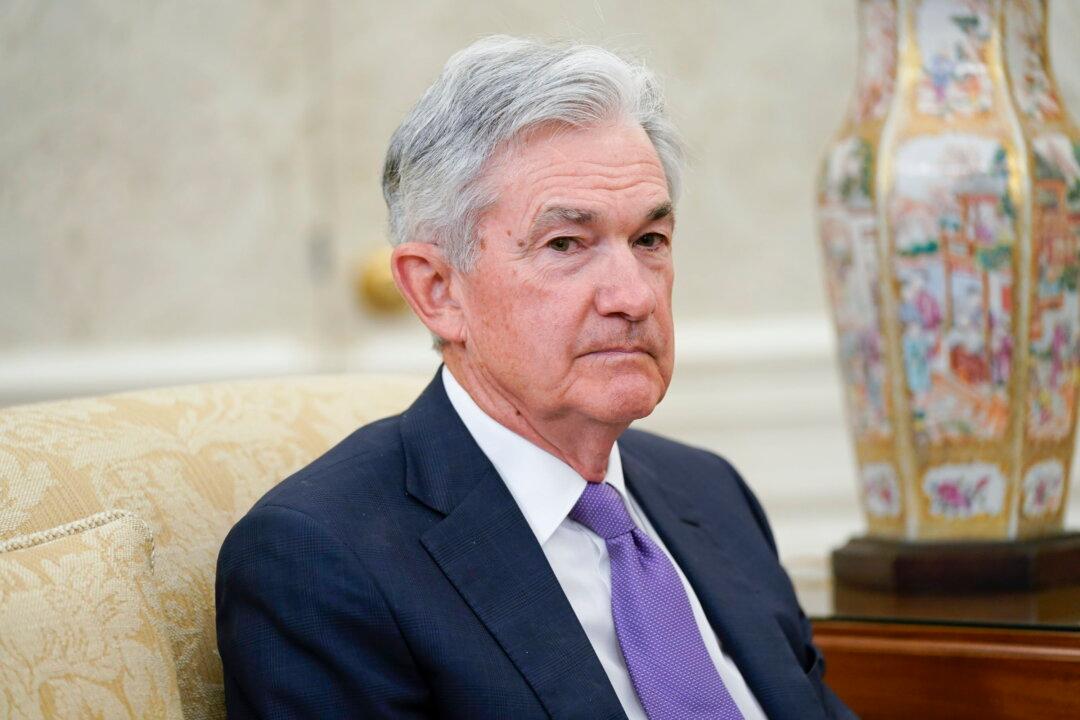Federal Reserve Chair Jerome Powell testified in Congress on June 22 that the central bank remains determined to keep hiking interest rates high enough to cool the red-hot inflation, acknowledging that recession is “certainly a possibility” but insisting the American economy is robust enough to withstand tighter financial conditions.
With decades-high inflation running “well above” the Fed’s longer-run target of around 2 percent, Powell told the Senate Banking Committee that restrictive monetary policies are needed to quell price pressures and that “you will see continued expeditious progress toward higher rates.”





